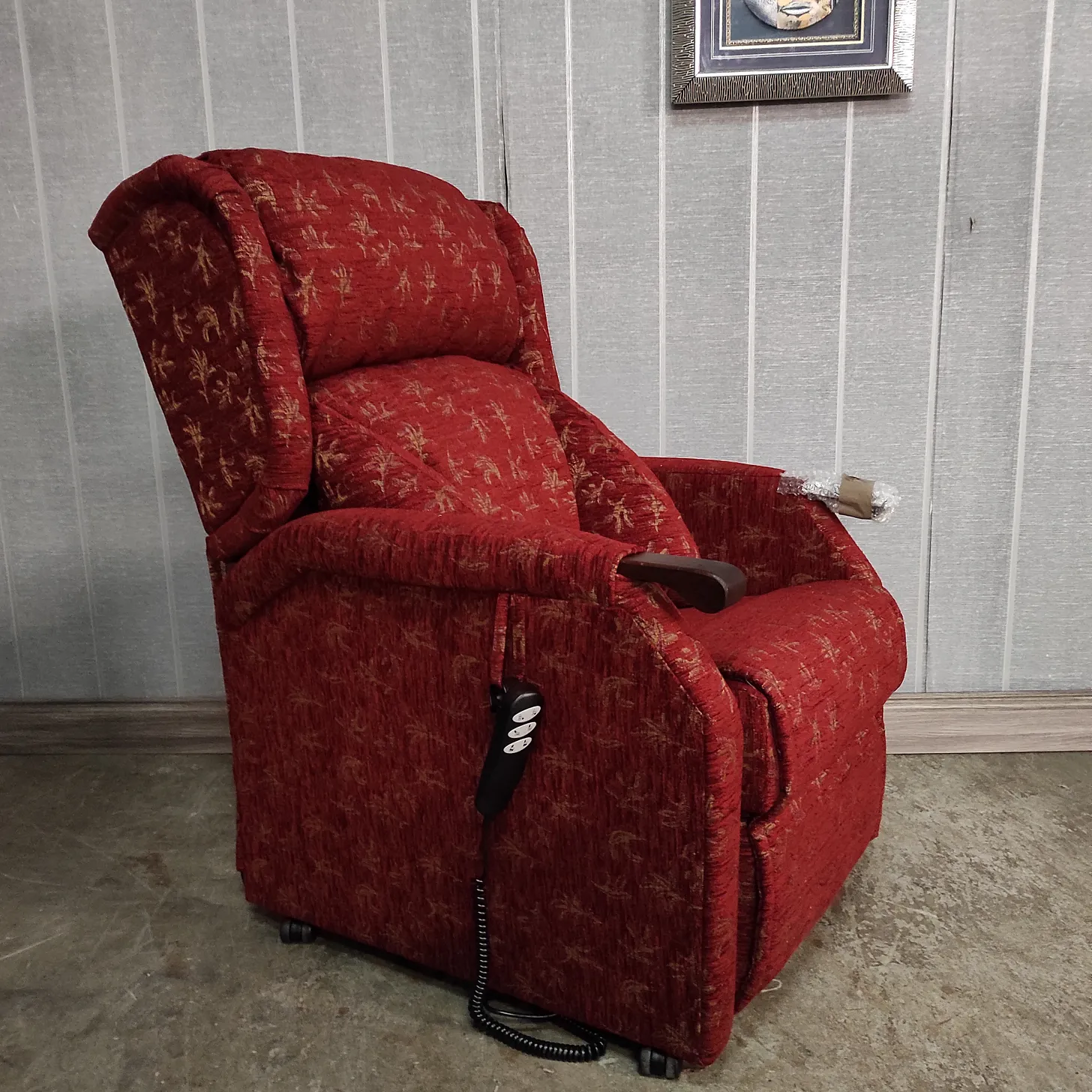Advantages Of Healthcare Chairs?
To meet specific requirements, healthcare chairs are available in a variety of designs and configurations.

Healthcare chairs are specialized seating options. These chairs are designed to specifically match the demands and needs of the patients. It comforts the caregivers and the healthcare providers.
There are a few main areas in which healthcare chairs are advantageous:
Support for the Patient: The healthcare chairs’ ergonomic design helps to ensure the best support for the patients. These chairs have armrests, footrests, and backrests designed for convenience. These features are adjustable to patients’ needs accommodating various body types, and medical conditions. The soft padding and easy-to-keep-up upholstery are the best part of these healthcare chairs. They provide the best comfort. It helps with reducing the chances of pressure sores and any sort of discomfort when seated for prolonged periods.
Enhanced Independence and Mobility: Wheels or casters of healthcare chairs are a simple help that makes it easy for the patients to move around. Patients can conveniently be moved between rooms or departments. It is possible without lifting or requiring additional assistance. All thanks to this mobility specialist chair that eases out the physical strain on caregivers. Patients can easily adjust their positions on their own in some of the healthcare chairs that have special motorized functions. It helps to foster a sense of dignity and autonomy.
Hygiene and Control of Infections: To avoid infection, high hygiene methods must be adhered to in medical settings. The components used to build healthcare chairs are simple to clean and disinfect. The fabrics used are antibacterial and fluid-resistant. It reduces the likelihood of any sort of contamination. This further helps to enhance their immune systems; especially for those who are already suffering lower immunity challenges.
Assistance with Medical Procedures and Therapies: there are many healthcare chairs specially designed to complement the necessary arrangements for medical procedures. A common type of healthcare chair is a Phlebotomy chair. They have adjustable armrests. It helps to support needy patients during blood draws. Another example is infusion chairs. They are specifically designed to provide patients with the utmost ease and comfort during long-term harsh treatments like chemotherapy. Common features that these chairs share are reclining mechanisms, height adjustments, and integrated trays for holding medical equipment when necessary. They ensure solid support for both the patients and healthcare professionals.
Safety and efficiency gains for caregivers: Healthcare chairs that are ergonomically designed can lessen the physical strain on caregivers. Caretakers can position patients safely and comfortably thanks to features like tilt functions, easy maneuverability, and auto height adjustment. In settings where caregivers are frequently required to assist with patient transfers and positioning, this is especially crucial.
Customization and versatility: To meet specific requirements, healthcare chairs are available in a variety of designs and configurations. With wider seats and higher weight capacities, some are made for bariatric patients. Others are specialized for pediatric use, providing appropriate support and size for children. These chairs are more effective and a better fit for a variety of patient populations because they can be customized to each patient’s needs.

